PROLAC Project – Lake Chad Region Recovery and Development Project
Home
>
PROLAC Project – Lake Chad Region Recovery and Development Project
Overview
The Lake Chad Region Recovery and Development Project (PROLAC) is a regional initiative funded by the World Bank through the International Development Association (IDA), aimed at supporting the recovery and resilience of communities in the Lake Chad Basin. The project is implemented by the Lake Chad Basin Commission (LCBC) alongside national governments of Cameroon, Chad, and Niger.

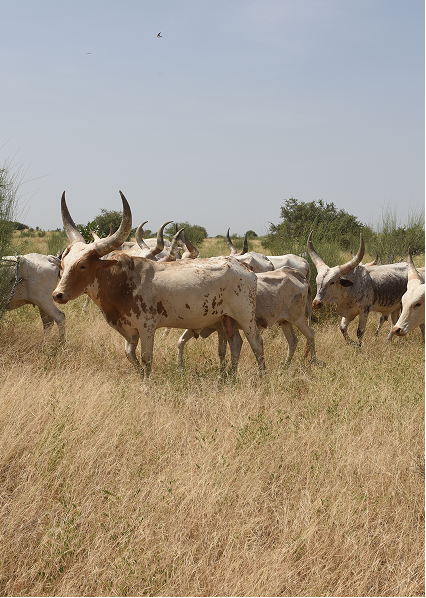
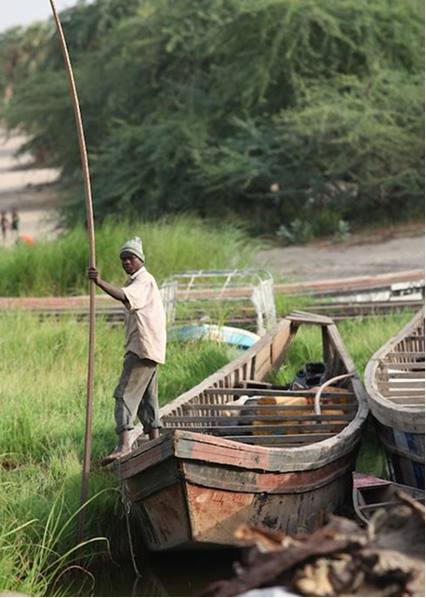
Objective
To contribute to the recovery of the Lake Chad Region by supporting regional coordination and crisis monitoring, improving connectivity, and strengthening agricultural livelihoods in selected provinces of Cameroon, Chad, and Niger.
LCBC-Executed Components
Component: Regional Lake Chad Knowledge and Monitoring Platform and Secretariat for the Development
of the Lake Chad Region
Budget: US$5 million (LCBC share)
Objective: To reinforce regional dialogue, data monitoring and dissemination, citizen engagement, and
social cohesion through the establishment of a regional knowledge and monitoring platform.
Key Activities

Establishment of the LCBC PROLAC (PIU)
- Coordinates regional dialogue and development vision.
- Facilitates knowledge creation and dissemination.
- Organizes learning and monitoring workshops.

Development of the Knowledge Monitoring Platform
- Web-hosted platform integrating spatial and temporal datasets.
- Collaboration with academic and research institutions.
- Capacity building in data collection and geospatial analysis.

Annual International Forum on the Development of the Lake Chad Region
- High-level event bringing together stakeholders from member states, development partners, and local authorities.
- Platform for reporting, harmonizing strategies & planning new initiatives.

Support to the Regional
Coordination Committee
- Provides oversight and strategic guidance.
- Prepares joint action plans and statements.
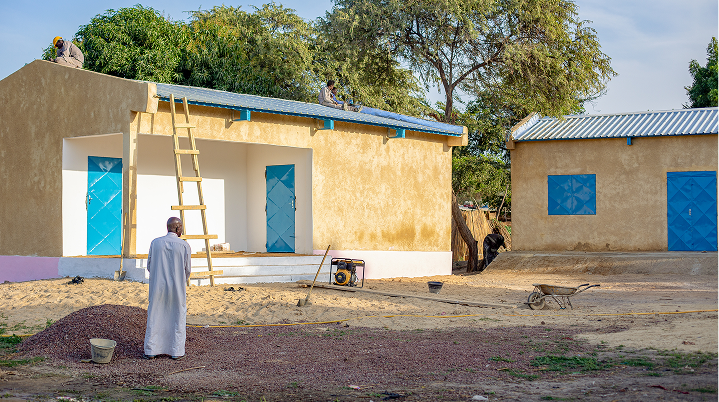
Expected Results
- Operational regional knowledge platform.
- Increased access to development data.
- Strengthened regional cooperation and policy harmonization.
- Enhanced capacity of LCBC as a regional coordination body.
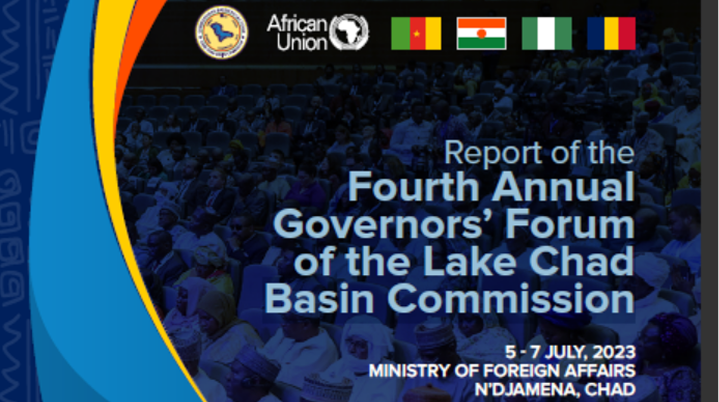
Cross-Cutting Themes
· Gender Inclusion: Ensuring 50% participation of women in project activities and decision-making bodies.
· Youth Engagement: Targeted support for youth through training and employment opportunities.
· Climate Resilience: Integration of climate-smart practices and data into planning & implementation.
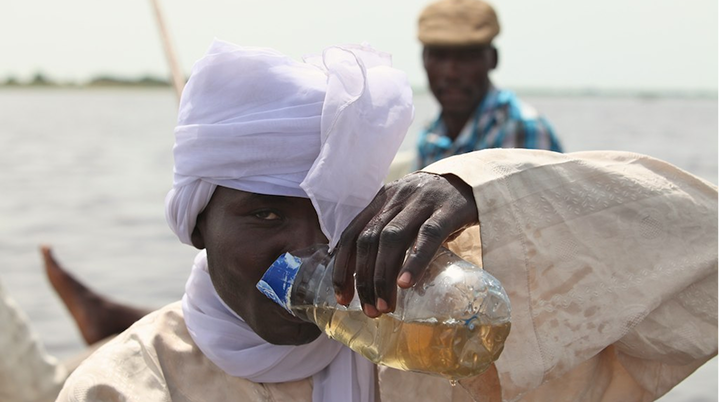
Alignment with Strategic Frameworks
- · Regional Strategy for Stabilization, Recovery and Resilience (RSS)
· World Bank’s Strategy for Fragility, Conflict, and Violence (2020–2025)
· Country Partnership Frameworks (CPF) for Cameroon, Chad, and Niger
Contact








